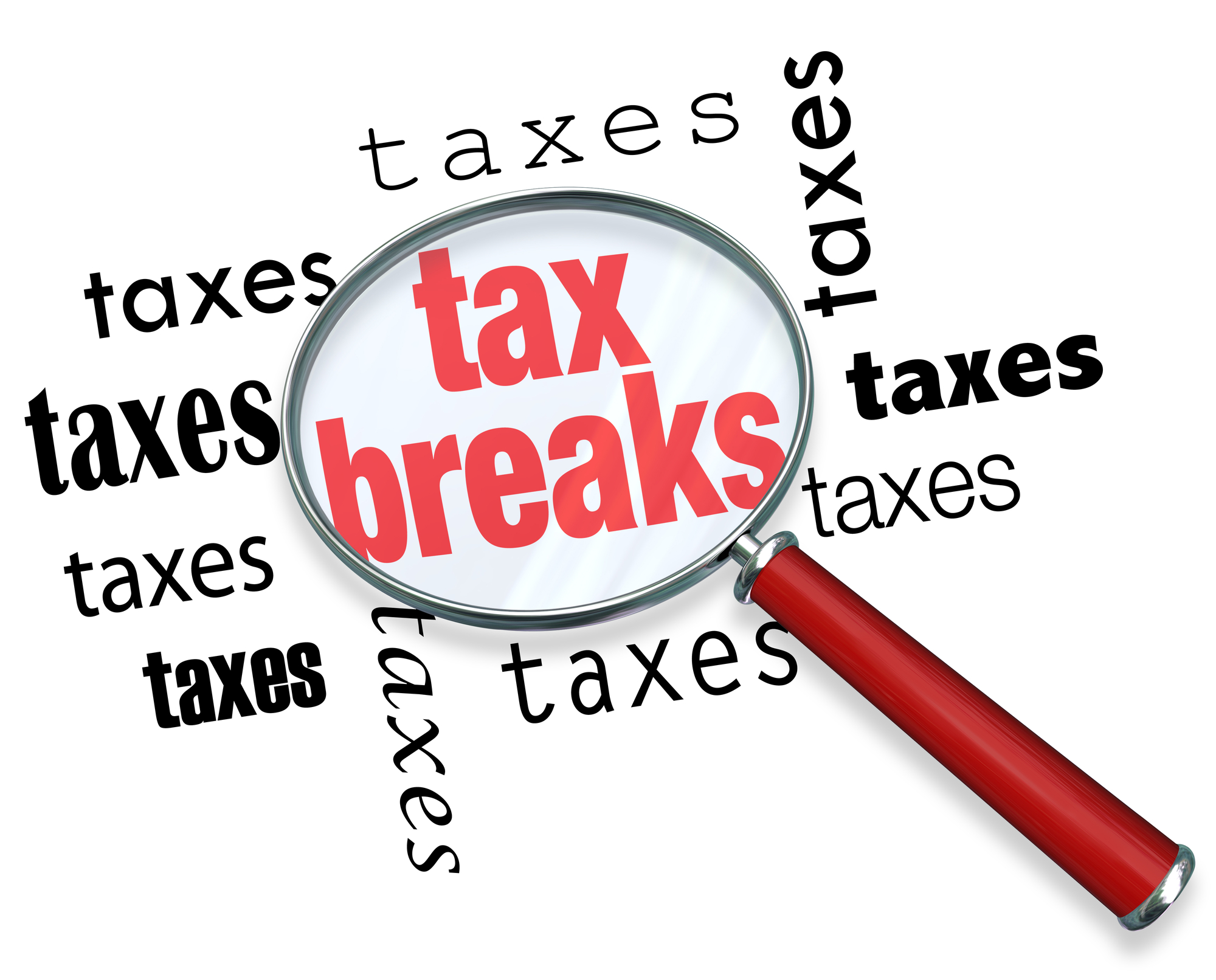Around tax time, business owners may wonder if there are any small business tax breaks to reduce their taxes further. While there are a number of deductions you’re likely already taking, there may be some you don’t know about yet. Consider the following tax breaks you might be able to use to save quite a bit on your business taxes for the year.
Home Office Expenses
If the business is run from your home, it’s possible to deduct home office expenses. It is necessary to have a room dedicated to the office, not just a kitchen table and laptop, to use these deductions. With a home office, you may be able to deduct part of your homeowner’s insurance, utilities, property taxes, repairs, and maintenance.
Health Insurance
Some business owners will be able to use a health insurance deduction for the personal return. This covers all the insurance paid for the family, so it can add up to a significant tax break. This one is often forgotten about by business owners, but it’s definitely one worth checking into if you pay for health insurance on your own.
Education
As you’re learning more about how to run a business or attending trade shows, conferences, workshops, and more, any expenses need to be tracked as you may be able to use them for another tax break. Many of these are fully deductible, so if you spend a lot of time and money on education to help your business grow, you could save quite a bit on your taxes.
Travel Expenses
Traveling expenses for taxes have changed recently, so there may be some expenses you can no longer claim. However, if you spend money on travel and entertainment to help your business grow, you may be able to deduct some or all of those expenses on your taxes. If you spend quite a bit of time traveling, this could add up quickly and lead to a large tax break.
Taxes for small businesses, especially during the first year, can end up being a lot more than expected. However, before filing your taxes, check out these tax breaks to see if any of them might apply to you. This could help reduce the amount of money you’ll need to pay the IRS or, depending on your income and expenses, help you get a return back at the end of the fiscal year.

